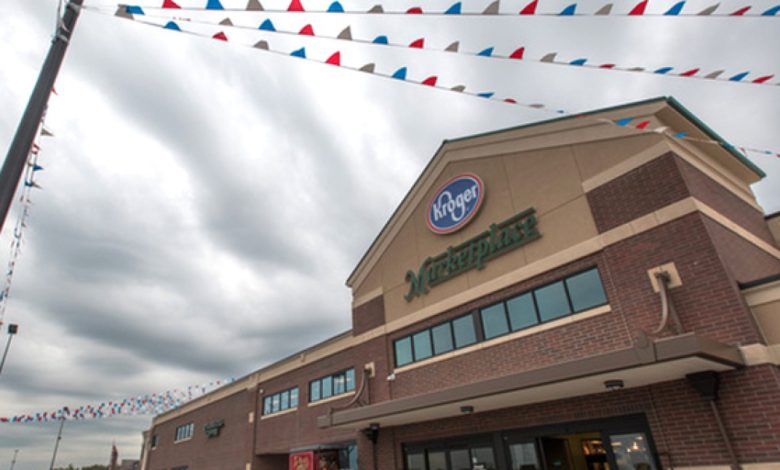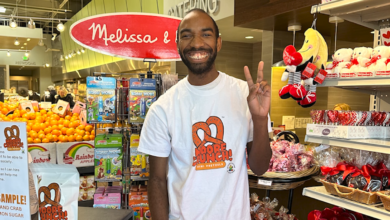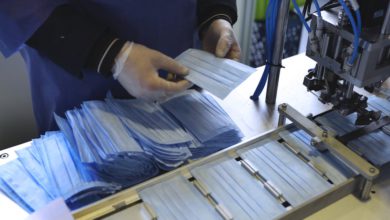
Kroger earned $1.3 billion in profit during the first three months of 2020 — about 47% more than the company brought in during the same period in 2019. Grocery stores like it were among the only businesses allowed to stay open during spring shutdowns that paralyzed entire state economies. Business is good.
But employees aren’t benefiting, Ohio Sen. Sherrod Brown said Friday. The hourly “hero pay” and “thank-you pay” bonuses they received in the early months of the COVID-19 pandemic ended in June, even if the global crisis didn't.
Marc Perrone, the national leader of grocery workers’ union United Food and Commercial Workers, said he thinks it’s time to ask for more from the grocery giant: “Because, quite frankly, they can afford it.”
Perrone, whose union represents over 1.3 million members in the United States and Canada, said he wants hazard pay for every grocery store worker in the United States as long as COVID-19 remains a threat.
RELATED: Kroger CEO: No more hazard pay for grocery workers
He and Brown also want grocers to mandate the wearing of masks — not just for employees, but for customers, too. Kroger announced a mandatory mask policy on Wednesday, but a spokesperson repeatedly declined to answer WCPO’s questions about how it would be enforced.
Perrone said many companies have been reluctant to engage with the suggestion at all.
“The entire time we've been going through this process with Kroger and our other employers, they have been the most challenging that we've had as it relates to making mandatory mask mandates and things like that,” he said. “They've always said along the the way they think it's political and they didn't want to get involved in it."
A Kroger spokesperson on Friday highlighted the investments Kroger has made in employee safety since the start of the pandemic, including cough shields in checkout lines, signs urging social distancing and free COVID-19 tests for workers.
Brown said taking an even more active stand, including by enforcing mask policies and restoring employees’ hourly bonuses, would likely drive other companies to do the same and protect workers across the country.
“They set the tone in the industry,” he said. “They announced they were going to stop the additional hourly pay. There’s simply no reason, as the leader in the industry, as a profitable company, as a good corporate citizen of my state, that they shouldn’t add this pay for these workers.”








